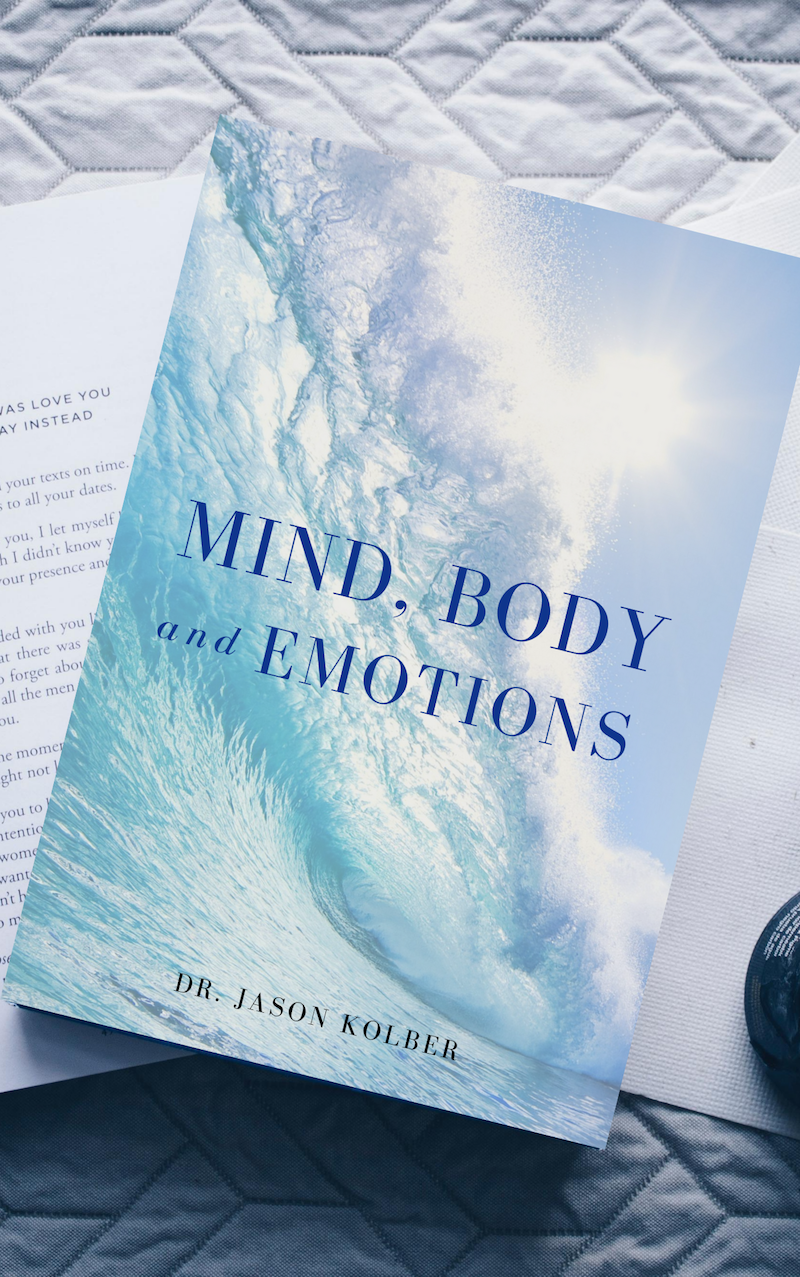In today's fast-paced world, it's easy to feel drained and lacking in energy. Whether it's due to work demands, family responsibilities, or other life stresses, maintaining high levels of energy and performance can be a challenge. Fortunately, there are many things you can do to improve your energy and performance. Here are five strategies that can help you feel more energetic and performance.
Sleep will Improve Your Energy and Performance
Sleep is the foundation of a healthy lifestyle, and it plays a crucial role in maintaining high levels of energy and performance. Most adults need seven to eight hours of sleep each night to function at their best. Unfortunately, many people fail to get the rest they need, which can result in a range of negative health outcomes, including fatigue, mood swings, and decreased cognitive function.
If you're struggling to get enough sleep, there are several things you can do to improve your sleep habits. First, try sticking to a regular sleep schedule. Going to bed and waking up at the same time each day can help regulate your body's internal clock and improve the quality of your sleep. Second, create a relaxing bedtime routine. This might include taking a warm bath, reading a book, or practicing relaxation techniques such as deep breathing or meditation.
Finally, avoid caffeine, alcohol, and electronics before bed. These substances can interfere with sleep and make it harder to fall asleep or stay asleep throughout the night.
Read more about how sleep impacts your energy and performance.
Eating a Healthy Diet Will Improve Your Energy and Performance
The food you eat can have a significant impact on your energy levels and performance. A diet that's rich in whole grains, fruits, vegetables, lean protein, and healthy fats can provide the nutrients your body needs to function at its best. On the other hand, a diet that's high in processed foods, sugar, and unhealthy fats can lead to fatigue, mood swings, and other negative health outcomes.
To improve your diet, focus on eating a variety of whole, nutrient-dense foods. This might include whole grains such as brown rice or quinoa, fruits and vegetables of all colors, lean protein sources such as chicken or fish, and healthy fats such as avocado or nuts. It's also important to limit your intake of processed foods, sugary drinks, and unhealthy fats. Instead, opt for whole foods that are as close to their natural state as possible.
Add something about Thrival here (link thrival here)
Read more about how diet impacts your energy and performance.
Prioritizing Your Physical Health To Improve Your Energy and Performance
Exercise is another critical factor in maintaining high levels of energy and performance. Regular physical activity can help improve cardiovascular health, boost mood, and increase energy levels. Even just a short walk or some light stretching can make a difference.
To get the most out of your exercise routine, aim for at least 30 minutes of moderate exercise each day. This might include activities such as brisk walking, cycling, or swimming. You can also incorporate strength training exercises, such as lifting weights or doing bodyweight exercises, to build muscle and improve overall fitness.
Write something about how Thrival helps you get better workouts in!
Read more about how Prioritizing physical health impacts your energy and performance.
Managing Stress Will Improve Your Energy and Performance
Stress is a common part of modern life, and it can have a significant impact on energy levels and performance. Chronic stress can lead to fatigue, mood swings, and other negative health outcomes. To manage stress, it's important to develop healthy coping mechanisms and lifestyle habits that can help you stay calm and centered in the face of stress.
Some effective stress-management strategies include practicing relaxation techniques such as deep breathing, meditation, or yoga. You might also consider making lifestyle changes such as prioritizing your tasks, learning to say no, and taking breaks when you need them. It's also important to seek support from friends, family members, or a mental health professional if you're struggling with stress or other mental health issues.
Read more about how stress impacts your energy and performance.
Staying Hydrated Will Improve Your Energy and Performance (link Blog 5 here)
Finally, staying hydrated is crucial for maintaining high levels of energy and performance. Make sure you're drinking enough water throughout the day, and consider incorporating hydrating foods into your diet. Be mindful of other factors that can affect your hydration levels, and gradually increase your water intake over time. By staying hydrated, you'll be better equipped to tackle whatever challenges come your way.
Learn more about how water can increase your energy and your performance (link blog 5 here)
In conclusion, maintaining high levels of energy and performance requires a holistic approach that includes healthy sleep habits, a balanced diet, regular exercise, stress management, and staying hydrated. By incorporating these strategies into your daily routine, you can feel more energized, productive, and fulfilled.
Close with a CTA to Thrival




